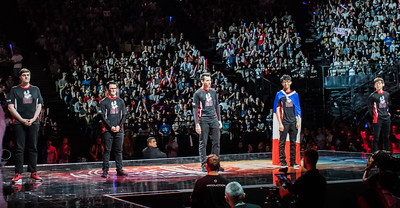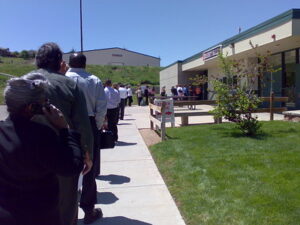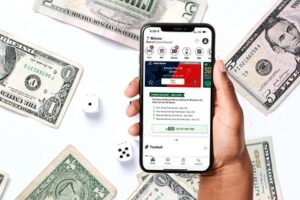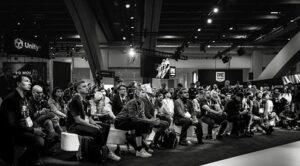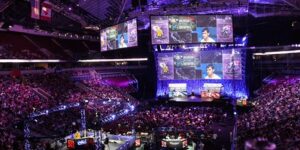Beyond sponsorship failures, esports teams face enormous challenges, not the least of which is the high salary demands of the players and the low revenue generation of the teams and league overall.
Riot Games, the sanctioning body for League of Legends, restricts the rosters to the nation of origin of professional players, so that the majority of players on a team come from the same region the team operates in. This means teams have only a limited ability to “import” players from other regions.
The issue of importing LoL players is contentious. On one hand, teams must field rosters of players from their own region. On the other hand, teams are under severe financial pressure to produce immediate results. Highly regarded “import” players could improve the overall play of a North American team but won’t transfer to a LCS team without significant financial incentives. Often, they either don’t stay for more than a season or two, or the team dumps them after achieving (or not achieving) the desired result.
An example of this is Luka “Perkz” Perkovic, who signed with LCS team Cloud 9 (C9) in a deal that cost the team nearly $9M. The contract included a $5M buyout payment to G2 Esports, Perkz’s former team in Europe, and $2.7M in salary to the player. C9 signed Perkz on a 3-year deal that expired at the end of the 2023 season. Instead, Perkz lasted just one year, after informing C9’s management team that he did not intend to return to the team for “family reasons.”
Esports opportunities for emerging players are limited
The difficulty of putting together a roster in the LCS points to another problem: the lack of amateur opportunities in North America. In late 2020, the LCS changed the import rules to classify players from Oceania as domestic talent in North America to accommodate the failure of the Oceanic Pro League (OPL).
Following that concession, LCS Team owners expressed a strong desire to remove import restrictions on all players, which would eliminate the incentive to develop North American talent. Despite the fact that Australian interests established a new professional league in 2021, players from the Oceania region may still play as domestic players in North America.
It is very difficult to develop amateur LCS talent here, and it is equally difficult for amateurs to break into the level of professional play. This opens the door to abusive circumstances for players who want to play in the professional circuit.
Players (including minors) must often practice up to 16 hours per day with their teammates and by themselves to hone their competitive skills. For some teams, shanking practice is not an option, since players may live communally in a house provided by the organization. Previously, this had been a common practice among esports teams, since not all LCS players have large salary contracts, but all LCS teams operate in high-cost areas of California. Some teams have moved away from the team housing approach.
Basically, the best opportunities prospective players have to enter the LCS happen when the players are in high school; college-level players have virtually no chance of going pro. For those minors who make the cut, the lure of a professional contract can prove to be too much. These players often leave high school to pursue a lucrative (if exceedingly short) career as a top-tier player.
Choosing between high school and professional play
Canadian-born Joseph Joon Pyun (Jojopyun) is a good example of a player who has succeeded professionally but had to drop out of high school to do it. Jojopyun registered his first LoL professional tournament appearance at age 16 while playing for a Tier 3 team and notched his first monetary prize less than six months later. He turned 19 in October 2023.
Jojopyun’s lifetime LoL prize earnings are estimated at about $63,000. (Players compete for monetary tournament prizes in addition to their salaries and may split prize money with the team.) Jojopyun was caught out in the collapse of Evil Geniuses but has since signed with C9 for the 2024 season.
A former Evil Geniuses teammate – Kyle “Danny” Sakamaki – made his LCS professional debut the same weekend he graduated from high school. Ultimately the stress of professional play and the need to manage his mental health forced Danny to leave the team just after EG earned a spot in the 2022 Worlds tournament. Since then, Evil Geniuses has folded, and Danny has not returned to professional play.
Both Jojopyun’s and Danny’s experiences speak to the high toll that professional esports can take on players who enter into professional contracts as minors. Tomorrow, I will look at why so many esports teams face extreme financial challenges regardless of the financing models they adopt.
Photo Credit: Eva Martinello, via Flickr
